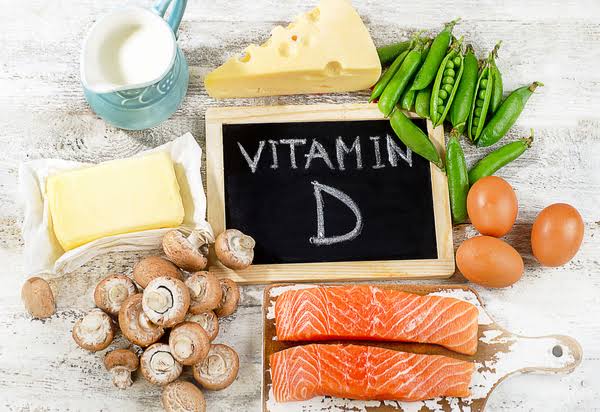
The vitamin looks after bones, teeth, and muscles, however, levels can drop fundamentally once summer closes.
Supplements
From April to September, most Britons produce all the vitamin D they need in their own bodies, as sunlight strikes their skin when they are outside. Levels drop altogether once summer closes. “It’s not having high levels of vitamin D that matters – it’s avoiding being deficient,” says Julia Newton-Bishop, professor of dermatology at the University of Leeds. The scientific advisory committee on nutrition prescribes that everybody living in the UK ought to consider taking a moderate day by day dose of vitamin D, which keeps bones, teeth, and muscles healthy. For individuals of relative great wellbeing, that is 10 micrograms. “For people with darker skin pigmentation, it’s generally harder to make the same amount of vitamin D from sunlight, so taking a daily supplement year-round should be considered,” says Martin Hewison, professor of molecular endocrinology at the University of Birmingham. “You can either take a dedicated vitamin D supplement, or a multivitamin capsule, which will usually have a low level close to what the government advises. Eating certain foods can also partially address vitamin D deficiency – but it’s not enough on its own.”
Mushrooms
“The skin of mushrooms has the ability to make vitamin D when sunlight hits it, just like human and animal skin,” says Hewison. “Leaving mushrooms outside where they are exposed to sunlight (if they are inside, window glass will block UVB rays that are used to make vitamin D) means they become vitamin D-enriched. Some mushrooms can now also be bought enriched.”
Oily fish
Scarcely any nour“Fatty fish such as mackerel, herring, and salmon is the best option in moderate portions each week,” says Newton-Bishop. “Salmon in the wild get vitamin D from the plankton they eat, so wild Atlantic salmon, for example, will be rich in it, whereas farmed salmon may not have very much at all. Of course, the other problem with fish is that it doesn’t appeal to vegetarians and vegans. In that case, the only natural source is mushrooms.”
Fortified foods
Fewer nourishments are improved with vitamin D in the UK than in, say, the US, says Newton-Bishop. “So you have to rely more on naturally rich foods. However, some breakfast cereals are fortified with vitamin D, and it is also added to some yogurts.” Researchers from the University of Birmingham found that a national policy of fortifying certain foods, for example, wheat flour could adequately address vitamin D insufficiency.
Cod liver oil
“Along with the other benefits of omega and fatty acids, one tablespoon of cod liver oil provides far more than the government’s recommended daily intake, so that’s another alternative to taking a dedicated supplement,” says Hewison.
Disclaimer: The views, suggestions, and opinions expressed here are the sole responsibility of the experts. No Open Headline journalist was involved in the writing and production of this article.
